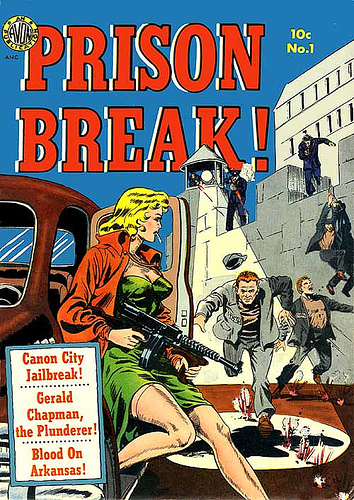
After suing tens of thousands of customers to no avail, the Recording Industry Association of America (RIAA) has decided to change tactics. Instead of dragging music downloaders and file-sharers into court, it has somehow convinced ISPs to take on the role of digital policeman (and jury and judge). The WSJ reports:
The decision represents an abrupt shift of strategy for the industry, which has opened legal proceedings against about 35,000 people since 2003. Critics say the legal offensive ultimately did little to stem the tide of illegally downloaded music. And it created a public-relations disaster for the industry, whose lawsuits targeted, among others, several single mothers, a dead person and a 13-year-old girl.
The RIAA will now work with ISPs behind the scenes in what is being described as a three-strikes policy. It will provide the ISPs with information (IP addresses, presumably) identifying accounts suspected of sharing music illegally. The ISPs wil then ask the owners of those accounts to stop. After the third request, the suspected infringer might lose his or her Internet connection.
This approach is certainly better than threatening jail time, but it raises a whole host of new issues. For one thing, what happens when someone is wrongly accused? At least before they had recourse to a court of law. ISPs are not equipped to set up quasi-legal proceedings or hear appeals. It will be much easier for them to simply send out notices and turn off service, and that is what will happen.
As for the recording industry’s bigger underlying problem (the death of the CD business) ,turning the ISPs into a music police does nothing to address it. Let’s just hope they don’t bring back the idea of making everyone pay a music tax through their ISPs.
And while the RIAA may not sue as many consumers in the future, startups trying to forge new paths for music distribution still need to fear its lawyers.
(Image via Marxchivist).